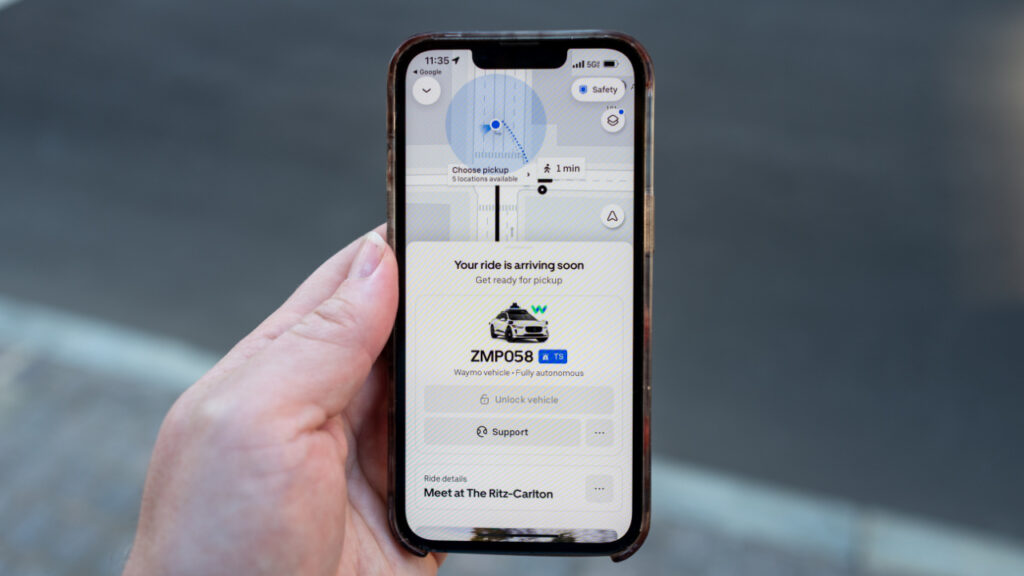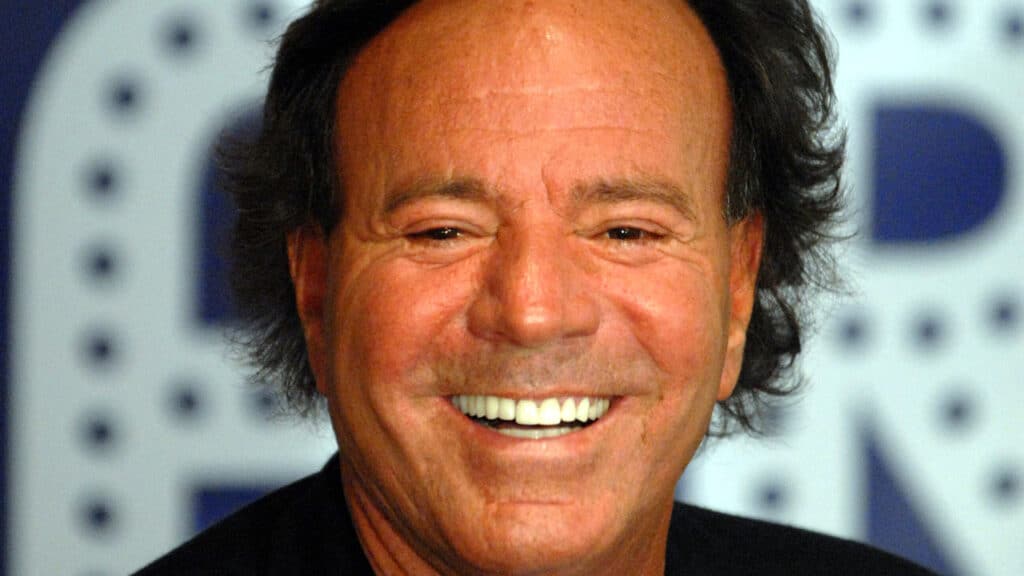
Men Are Suing Uber and Lyft Over Women-Only Ride Options. Their Case Proves Exactly Why Riders Prefer Women
When Uber launched a feature that lets riders choose women drivers, many women finally felt relief. Then the lawsuits arrived.
Now, male drivers say the feature discriminates against them. They argue that giving women and nonbinary riders the choice to match with other women limits their earnings and reinforces stereotypes. Yet the riders’ responses reveal something different: a culture in which people feel safer around women. Men included.
This is what we know about the two lawsuits filed in California, and why the safety argument refuses to disappear.
The moment male drivers sue Uber, everything shifts
According to TIME, four male drivers filed class action lawsuits against Uber and Lyft in California. They claim the companies violate the Unruh Civil Rights Act, which prohibits discrimination by businesses. Their lawyers argue that male drivers “are discriminated against and receive fewer and different rides than they otherwise would absent the policy.” They also argue that the feature “reinforces the gender stereotype that men are more dangerous than women.”
The suits seek $4,000 in damages for each male driver in California. They estimate that hundreds of thousands of male drivers could qualify.
Meanwhile, Uber and Lyft reviewed years of rider and driver feedback before launching these options. Uber said the feature responds to what “women riders and drivers have told us” about wanting more control over their safety. Lyft launched Women+ Connect in 2023 with support from groups like the Human Rights Campaign and the National Association of Women Law Enforcement Executives.
The lawsuits landed at a moment when riders feel hyper aware of safety, and when the numbers reinforce that awareness.
When male drivers sue Uber, riders remind them why the feature exists
Uber and Lyft did not create these programs in a vacuum. TIME reported that Uber documented 2,717 reports of serious sexual assault or misconduct between 2021 and 2022. Drivers were accused in 92 percent of cases. Women represented 89 percent of survivors. For its part, Lyft reported more than four thousand incidents between 2017 and 2019.
Riders know these numbers. They carry them in their bodies. For Celeste Juarez, who often uses Uber’s Women Preferences feature, it’s about safety. She said she felt “more safe and comfortable” with a woman driver because of past experiences with male drivers. She said the lawsuits are “misguided.” She added, “With this option, I feel so much safer and don’t have anxiety coming home late or have to worry about whether or not I will make it home.”
Reddit threads captured similar reactions. One user wrote, “A meaningful percentage of women have reason to be fearful of men.” Another user said, “It feels to me like they’re just selecting the ‘much less likely to be SA’d’ option.”
A third user added something that struck a nerve: “People aren’t able to tell whether a man is dangerous or not at first glance. And with everything that’s happened in the world, some women would rather be safe than sorry.”
This is the ecosystem these lawsuits enter.
Comment
byu/chagall1968 from discussion
intechnology
A deeper look at why people prefer women behind the wheel
The conversations online reveal a pattern: Women want women drivers because their lived experiences with male drivers involve fear, unpredictability, or discomfort.
Several Reddit users shared stories that mirrored Celeste Juarez’s comments. A user wrote that three out of her first five Uber rides involved male drivers hitting on her. Another shared that her girlfriend stopped using Uber after a driver took a longer route and demanded she cancel the trip and pay in cash. Someone else described giving a driver her phone number out of fear, then worrying because he knew her home address.
These stories are not unusual. They are an unending background noise for women riders. They are also part of the case women have made for years: safety shapes every decision.
Comment
byu/chagall1968 from discussion
intechnology
Even male riders joined the conversation. One user wrote, “I consider myself a ‘safe’ man, and there are many others. But men being more dangerous than women is a statistical fact.” Another user said, “Yes, this affects normal guys who aren’t nasty to women. Unfortunately, the reality of being a woman in our society has resulted in this policy.”
A few men who drive for rideshare even supported the feature. One wrote, “I’d prefer my ridership felt safe and had the option to avoid my car from the start, before matching, if something about me made them feel less safe.”
Their comments underline a fundamental truth: People gravitate toward the option that feels safer. They choose women because women rarely pose a threat, despite several drivers arguing on Reddit that, for them, the “danger” is elderly women who “complain” (?).
Comment
byu/chagall1968 from discussion
intechnology
Beyond the lawsuits, the real issue is accountability
Mashable reported that Uber and Lyft have both faced thousands of lawsuits for failing to protect riders. Court filings show that judges have considered whether the lack of gender matching could expose the companies to negligence claims. Similarly, Judge Charles Breyer noted that the absence of a gender-matching feature could expose the companies to liability, meaning they could be held responsible for preventable harm.
Reddit users connected the dots. “Uber’s business model depends on finding drivers who are willing to drive for pennies,” one wrote. Others argued that better driver vetting, mandatory cameras, and real accountability would reduce harm. A user wrote, “The capitalist gigification of things has created this debate and twisted it into a gender issue, rather than a class issue.”
That argument shows up across platforms. Meanwhile, the lawsuits shift the conversation, framing safety measures as discrimination instead of protection.




